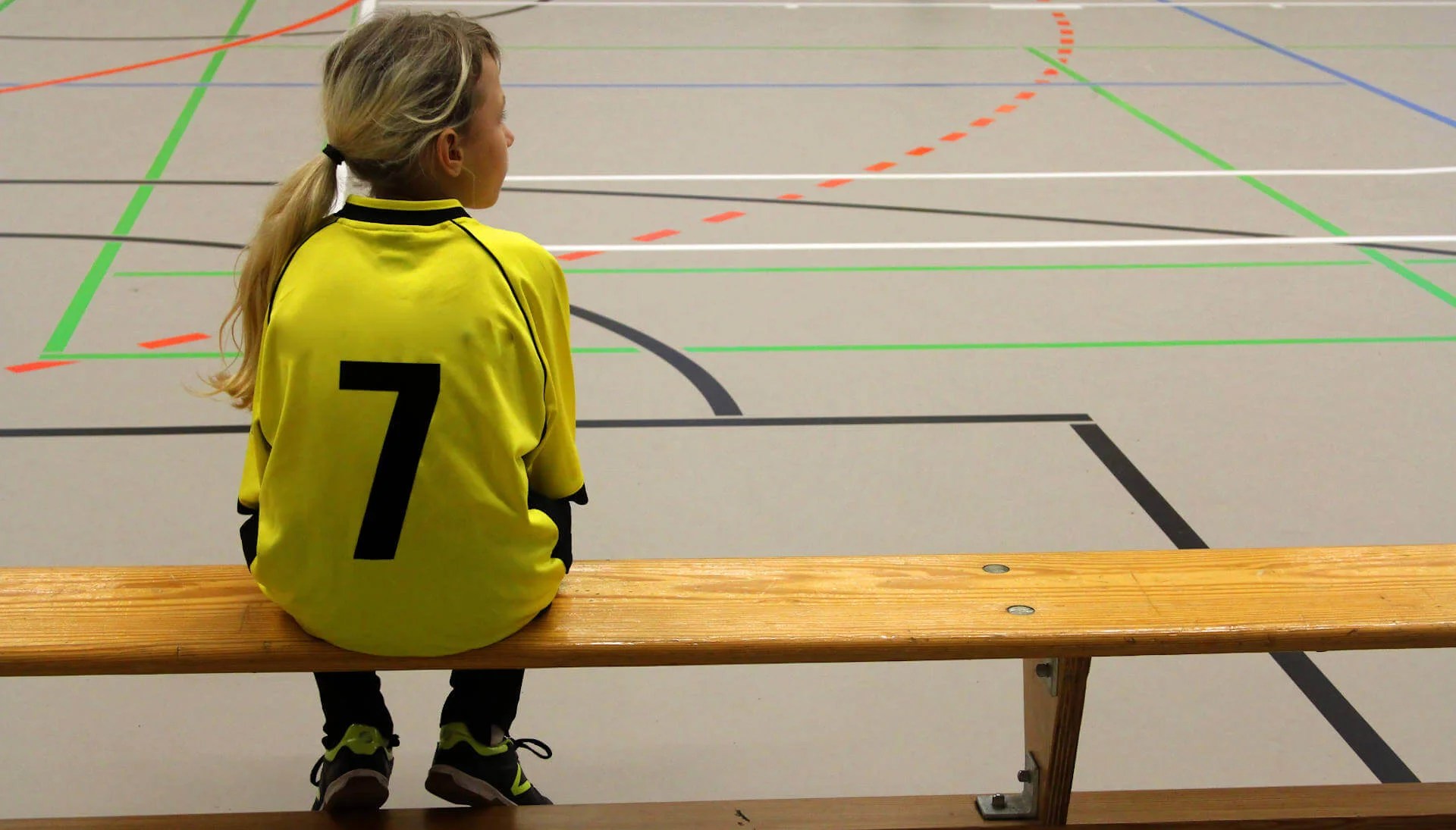Keeper in the Arena: Dealing with the Pressures of Social Media
The role of a goalkeeper is often a lonely one. You stand away from the rest of the team, waiting for the eventual attack and obviously hoping for crowd cheers but also prepared for any criticism that may follow.
In my opinion, goalkeepers must have some element of insanity to be willing to endure this while simultaneously being excited about soccer balls coming at their faces at high velocities, which I totally am! But, on the flip side, we keepers are still human and not made of steel. We have feelings and emotions like everyone else and genuinely care about our craft, team, and what others think of our performance.
There’s a lot of pressure put on student-athletes and how they get treated depending on the match’s outcome. Today, athletes are up against the influence of social media and the attention it brings to their craft. This can intensify match outcomes, or decisions athletes make during a game, whether positive or negative.
In a loss, audiences can be very unforgiving. It’s hard not to be discouraged when you see your opponents criticizing your performance on social media, and now their parents and even coaches jump in to comment. You see hurtful memes or actual footage of your performance with unflattering images.
I know this has made me hesitant at times to try new skills out of fear the first few times I’m trying to perfect it; it doesn’t look skillful, and then it’s been used by opponents to shake my confidence. But, when kept positive–I’m not going to lie–social media’s addictive and could be helpful in bringing the attention of scouts, college recruiters, and coaches.
Either way, I highly encourage all goalkeepers and athletes to read an excerpt from Theodore Roosevelt’s “The Man In The Arena.” The short passage underlines how critics have little place judging those daring greatly. Tracy Noonan-Ducar, 1991 World Champion Keeper, sent this to me, and it really puts things into perspective and helped build up my confidence on and off the field.
It discusses how, far too often, spectators rush to make harsh critiques on others daring to be great or willing to make sacrifices others may not. Those willing to put it all on the line, or in this case, off the line:
“It is not the critic who counts; not the man who points out how the strong man stumbles, or where the doer of deeds could have done them better. The credit belongs to the man who is actually in the arena, whose face is marred by dust and sweat and blood; who strives valiantly; who errs, who comes short again and again, because there is no effort without error and shortcoming; but who does actually strive to do the deeds; who knows great enthusiasms, the great devotions; who spends himself in a worthy cause; who at the best knows in the end the triumph of high achievement, and who at the worst, if he fails, at least fails while daring greatly, so that his place shall never be with those cold and timid souls who neither know victory nor defeat.”
It’s easy to judge someone (i.e., goalkeeper or another athlete) on what they could have or should have done and, in this instance, blame them for a lost match. But if we all take a moment to remember that the goalkeeper or athlete is doing something not all others are willing to do, and be mindful that they could even be someone dealing with some battle you have no idea about.
With all the recent attention on the importance of needing to add a mental health component to each sports program, hopefully the added pressures of social media are also being incorporated into this.
I know when I was first tagged on a video that made it on social media of me making a mistake in a big game, it was hard not letting this affect me. Reading some of the comments was even tougher, but luckily one of my trainers noticed the post immediately and called to check in with me, and we then talked this out.
So, I know some progress is being made, but I also know not all trainers and coaches are as dialed in as mine. Athletes need to not only know but feel that they are more than the outcome of a game. Also, they need to be taught skills to cope with all the pressures of being a student-athlete or youth player.
Just stepping in the “arena,” “pitch,” “inside the 18,” and bravely daring to do something not everyone can or wants to do should be a testament “the credit” alone that the athlete deserves. However, we can better prepare them for those critics. “The mind is everything. What you think is everything.”- Buddha.
I definitely appreciate the point that Theodore Roosevelt’s speech and Buddha’s quote make! Though there will always be critics, criticism, and spiteful opponents in the world, I must remember to continue to strive valiantly, to be pushed outside my comfort zone, and be willing to fail at times because it’s not about them. It’s about what I think and feel. It’s about those with the guts to put it all out there and focus on the greater purpose despite others’ opinions.
_
GIRLS SOCCER NETWORK: YOUR SOURCE FOR GIRLS SOCCER NEWS













